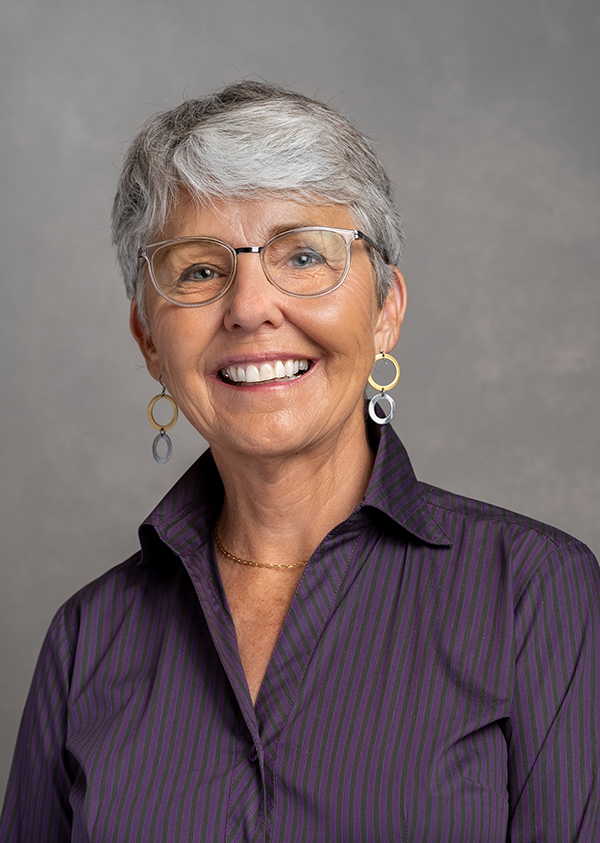Kim Martin is on a mission – one that is very personal to her and 6.5 million others just like her around the United States: show that people living with Alzheimer’s disease are just like everyone else.

“I have friends with brain disorders who start disappearing from society when they learn they have Alzheimer’s,” Martin said. “They hide in the closet, so to speak. The diagnosis does change things. Everyone who lives long enough, is bound to get something, but I’d like to see Alzheimer’s be seen as just one more condition we deal with rather than something to be ashamed of. For example, if people have COPD, they may not be good to go hiking with anymore, but in other ways they’re still the friends we always knew.”
Martin, who lives in Durango with her husband, Steven Phillips, is beginning to understand Alzheimer’s. Her father, a geophysicist for an oil company, lived with some form of dementia and died just 18 months ago, staying with Martin and her husband in his final months. Watching this highly intelligent and capable man lose the ability to function independently was distressing for her.
“It’s so very sad when you can’t take care of yourself anymore,” Martin said. “Watching that decline was an eye-opener. She knew she did not want to go out like her father had.”
When Martin received her own Alzheimer’s diagnosis in June of this year at age 69, she realized that she might share the fate of her father if she didn’t prepare while she was still competent.
On a mission
After her own diagnosis was confirmed this summer, Martin experienced a time of fear and grief, but eventually moved into actively preparing for the changes she knew were coming. She started with her own family.
“Steve has been fabulous support,” she said. “It took him a bit longer than me to accept the reality. I knew I had Alzheimer’s before I had the official diagnosis which finally confirmed why almost everything had become so difficult for me, such as the ability to learn and retain new things and to stay focused on one task at a time. I had attributed these to not trying hard enough... just being lazy.”
Her children and grandchildren also have responded to Martin’s challenge. “I’m going to be more and more dependent on you guys now,” she told them. “They’ve come through like champs.”
Martin noted that she sees how Alzheimer’s is affecting her relationship with Steve after 34 years of marriage.
“The diagnosis changes things between partners beyond the obvious, like the length of time you’ll have together,” she said. “Less obvious is that as a couple, we always were on an equal footing. I used to love being challenged...it was a competition. Now I can’t do it. I’m not tough in the way that I was. At the first sign of tension, I feel constricted and overwhelmed.”
She noted that due to her increasing emotional fragility, Steve has learned not to press issues.
“The first rule of Alzheimer’s is ‘don’t argue with a person with dementia,’” she said.
Telling her story
Despite having to adapt to changes, Martin is focused on helping her community see her and others with Alzheimer’s “for who we are, knowing that, in most respects, we are the same people we were before getting the disease,” she said.
She is working in partnership with the Alzheimer’s Association to raise awareness of the disease in LaPlata County. She’s also planning a series of articles with the newspaper in Durango to address her diagnosis, the changes she experiences, and what she hopes to see in her relationships with friends moving forward.
“I hope my stories will help people see that just because someone has Alzheimer’s, they’re still the same someone they used to be,” she said. “Parts of their brains get clogged, but if you thought they were funny before, they still have the same sense of humor. I just want people to treat me – and others with Alzheimer’s – with the same respect they always treated us with.”
Martin also issues an open invitation to her community: to approach her with any questions they have about her diagnosis.
“I want to be a face of the disease so I can help folks become less frightened and more comfortable,” she said, admitting that like many, she felt very ill at ease when someone revealed they had Alzheimer’s. “I would say ‘I’m so sorry,’ but then I’d avoid that person because I didn’t know how to deal with them. But I have learned a great deal though my own experience and I want people to ask me questions. I’m not ashamed or embarrassed.”
Martin is one of 76,000 Coloradans living with Alzheimer’s disease. To learn more about the information, programs and services offered at no charge by the Alzheimer’s Association, go to
alz.org or call the free 24/7 Helpline at 800-272-3900.
Alzheimer's Association
The Alzheimer's Association leads the way to end Alzheimer's and all other dementia — by accelerating global research, driving risk reduction and early detection, and maximizing quality care and support. Our vision is a world without Alzheimer's and all other dementia.™ For more information, visit www.alz.org or call the 24/7 Helpline at 800.272.3900.